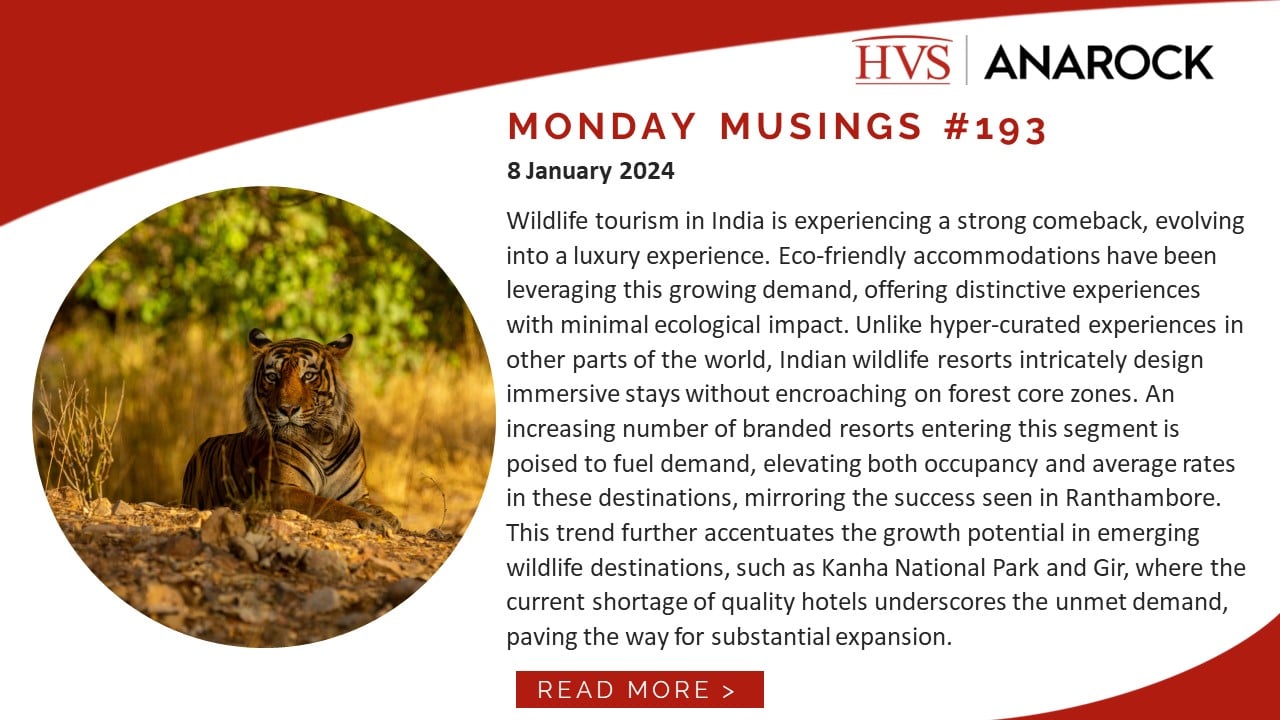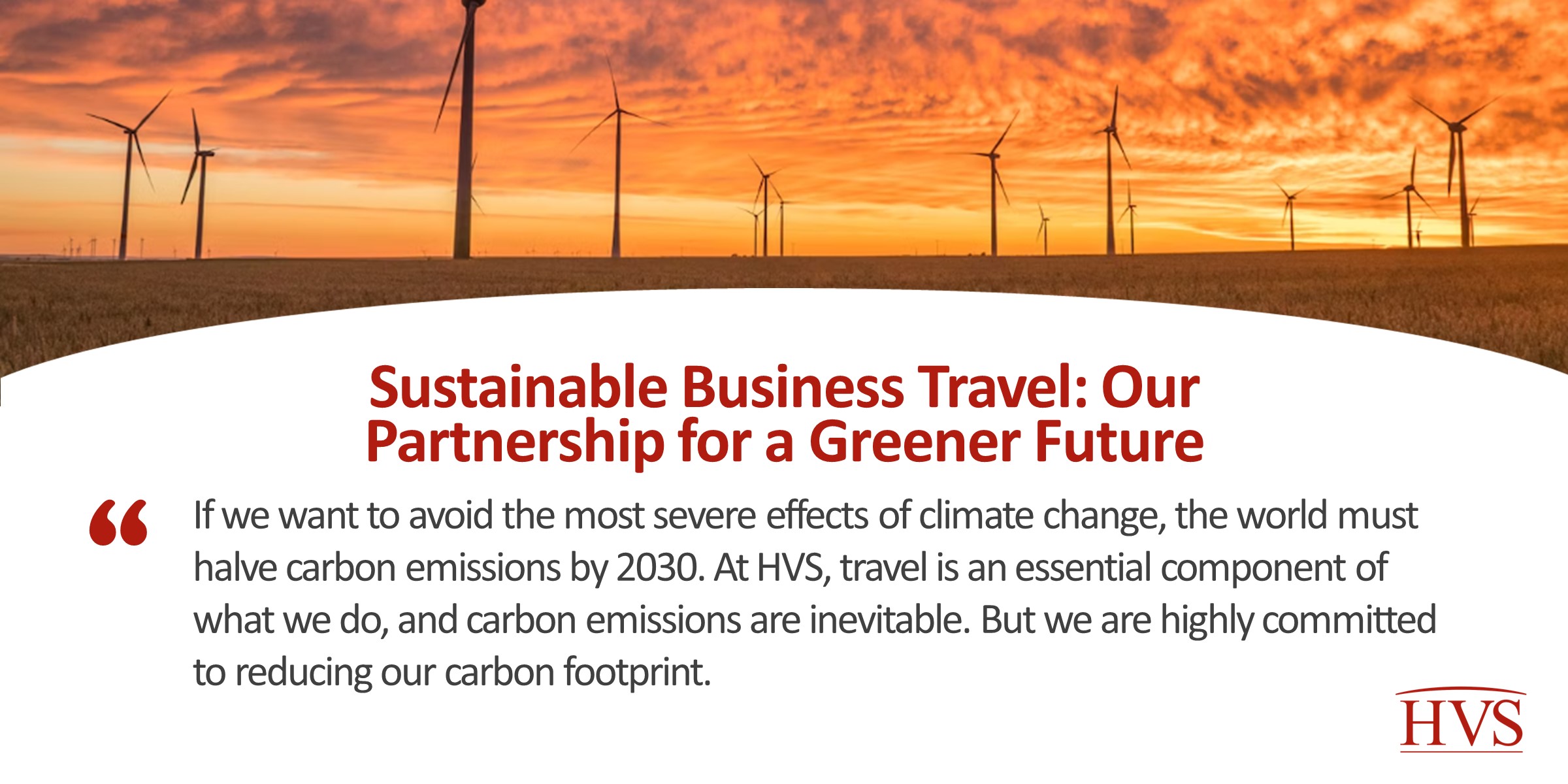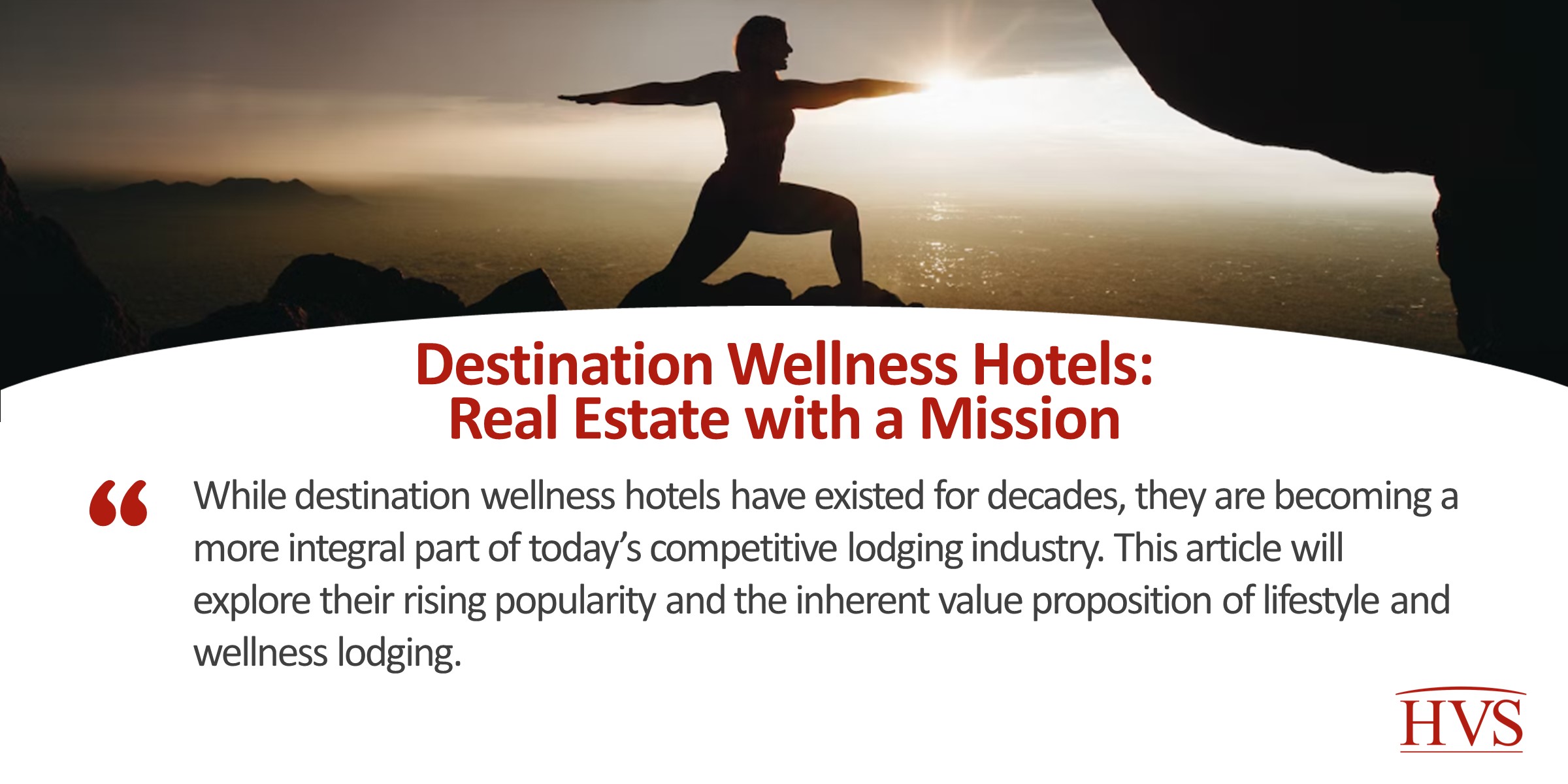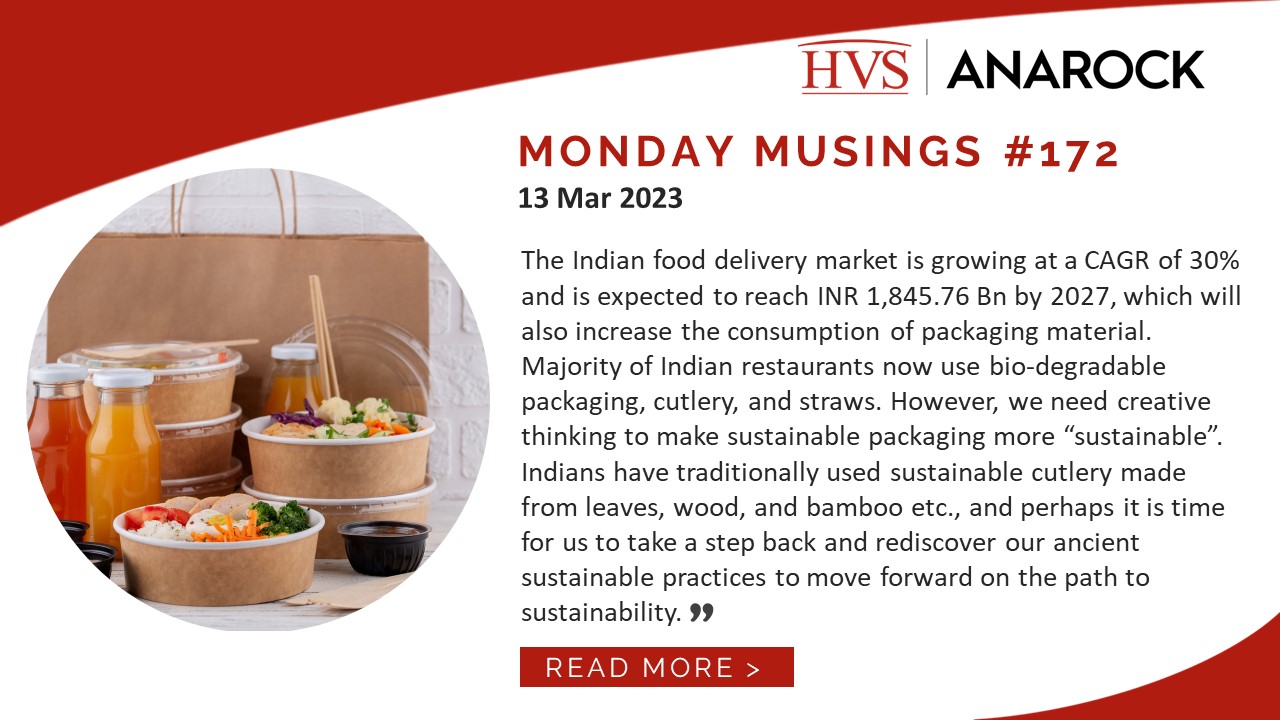For hotel and resort developers, owners, and operators, the mandate is clear: sustainability is no longer a differentiator but, instead, a central pillar of long-term competitiveness and asset protection. This article examines the strategic, operational, and design considerations that define successful sustainable development in the Caribbean.
Industry Insights
We have written thousands of articles about all aspects of hospitality, including valuations, investing, lending, operations, asset management, and much more.
Sustainable Hotel and Resort Development in the Caribbean: Strategies for a Resilient Hospitality Future
For hotel and resort developers, owners, and operators, the mandate is clear: sustainability is no longer a differentiator but, instead, a central pillar of long-term competitiveness and asset protection. This article examines the strategic, operational, and design considerations that define successful sustainable development in the Caribbean.
Developing Hunting Reserves & Resorts in the Middle East Region: Key Success Factors
Experience-led tourism presents an opportunity to develop conservation-driven hunting reserves in the Middle East. Success depends on balancing exclusivity with accessibility, embedding sustainability, diversifying experiences beyond hunting, and offering strong F&B and wellness programs. Transparent conservation funding and operational efficiency will be key to creating a new, credible nature-based hospitality segment.
Tourism in the Last Frontier: Alaska’s New Boom
Alaska has embraced its identity as “The Last Frontier” and experienced significant growth in eco-tourism, fueled by rising cruise traffic and interest in outdoor recreation, helping to offset the state's declining oil industry. Despite challenges with strained infrastructure and political uncertainty, the overall outlook remains positive, with tourism revenues reaching record highs year-over-year.
Africa at a Crossroads: Preventing Overtourism Through Sustainable Practices
Africa’s tourism is surging past pre-pandemic levels, with strong growth and rising investor interest. Yet risks of overtourism, seen in Europe, are emerging in hotspots like Serengeti, Cape Town, and Botswana. A sustainable path requires balancing people, planet, and profit to safeguard heritage, communities, and long-term economic gains.
Guanacaste, Costa Rica’s Rise and Challenges as an Eco-Luxury Lodging Destination
The Guanacaste province on Costa Rica's Pacific Coast has experienced tremendous growth over the past two decades, fueling opportunities for further lodging development to accommodate growing tourism demand. To support sustainable growth and maintain Guanacaste’s eco-luxury appeal, it will be essential to address challenges such as infrastructure shortcomings while balancing environmental stewardship.
HVS Monday Musings: Roaring Success and Silent Struggles: The Dynamics of Wildlife Tourism in India
Wildlife tourism in India is experiencing a strong comeback, evolving into a luxury experience. Eco-friendly accommodations have been leveraging this growing demand, offering distinctive experiences with minimal ecological impact. Read on to know more.
Sustainable Business Travel: Our Partnership for a Greener Future
If we want to avoid the most severe effects of climate change, the world must halve carbon emissions by 2030. At HVS, travel is an essential component of what we do, and carbon emissions are inevitable. But we are highly committed to reducing our carbon footprint.
Destination Wellness Hotels: Real Estate with a Mission
While destination wellness hotels have existed for decades, they are becoming a more integral part of today’s competitive lodging industry. This article will explore their rising popularity and the inherent value proposition of lifestyle and wellness lodging.
Sustainability in The Hospitality Industry: Working Towards "Travel Without a Footprint"
The hospitality sector has come a long way in adopting sustainable hotel operations and adopting eco-friendly hotel design and construction techniques will be the sector's next big step toward sustainability. Read on to know more.
HVS Monday Musings: Food Delivery – Wrapping it Up with Sustainable Packaging
The majority of Indian restaurants now use bio-degradable packaging, cutlery, and straws; however, we need creative thinking to make sustainable packaging more “sustainable”. Read on to know more.
Industry Insights
We have written thousands of articles about all aspects of hospitality, including valuations, investing, lending, operations, asset management, and much more.
Experience-led tourism presents an opportunity to develop conservation-driven hunting reserves in the Middle East. Success depends on balancing exclusivity with accessibility, embedding sustainability, diversifying experiences beyond hunting, and offering strong F&B and wellness programs. Transparent conservation funding and operational efficiency will be key to creating a new, credible nature-based hospitality segment.
Alaska has embraced its identity as “The Last Frontier” and experienced significant growth in eco-tourism, fueled by rising cruise traffic and interest in outdoor recreation, helping to offset the state's declining oil industry. Despite challenges with strained infrastructure and political uncertainty, the overall outlook remains positive, with tourism revenues reaching record highs year-over-year.
Africa’s tourism is surging past pre-pandemic levels, with strong growth and rising investor interest. Yet risks of overtourism, seen in Europe, are emerging in hotspots like Serengeti, Cape Town, and Botswana. A sustainable path requires balancing people, planet, and profit to safeguard heritage, communities, and long-term economic gains.
The Guanacaste province on Costa Rica's Pacific Coast has experienced tremendous growth over the past two decades, fueling opportunities for further lodging development to accommodate growing tourism demand. To support sustainable growth and maintain Guanacaste’s eco-luxury appeal, it will be essential to address challenges such as infrastructure shortcomings while balancing environmental stewardship.

Wildlife tourism in India is experiencing a strong comeback, evolving into a luxury experience. Eco-friendly accommodations have been leveraging this growing demand, offering distinctive experiences with minimal ecological impact. Read on to know more.

If we want to avoid the most severe effects of climate change, the world must halve carbon emissions by 2030. At HVS, travel is an essential component of what we do, and carbon emissions are inevitable. But we are highly committed to reducing our carbon footprint.

While destination wellness hotels have existed for decades, they are becoming a more integral part of today’s competitive lodging industry. This article will explore their rising popularity and the inherent value proposition of lifestyle and wellness lodging.
The hospitality sector has come a long way in adopting sustainable hotel operations and adopting eco-friendly hotel design and construction techniques will be the sector's next big step toward sustainability. Read on to know more.

The majority of Indian restaurants now use bio-degradable packaging, cutlery, and straws; however, we need creative thinking to make sustainable packaging more “sustainable”. Read on to know more.

Robust demand in urban centers continues to drive Canadian hotel values despite high interest rate environment.